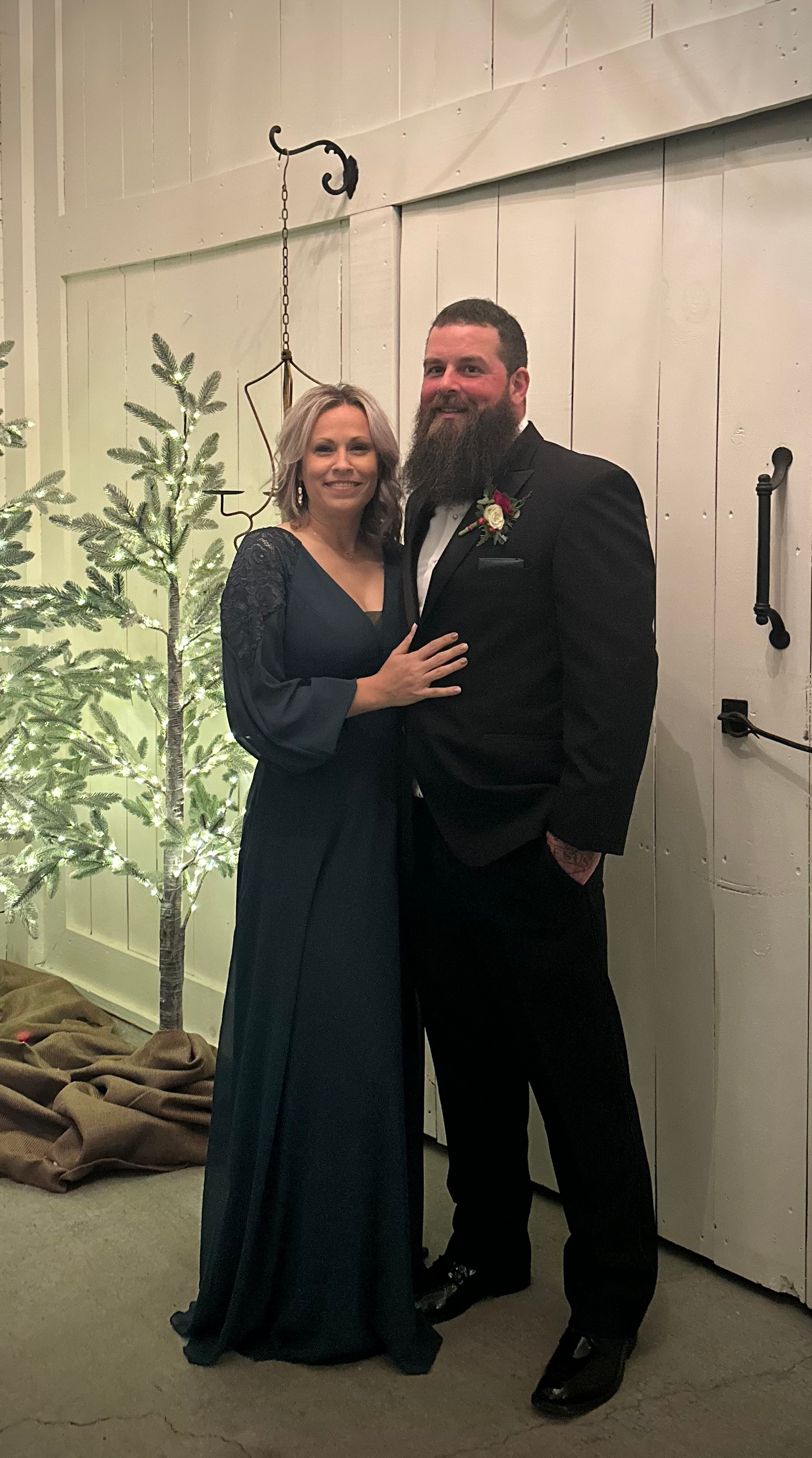Taming the Nibbler: A Guide to Curbing Your Cavalier Puppy's Biting
- Cassie’s Cavaliers

- Jul 5, 2024
- 3 min read
Updated: Aug 7, 2024
So, you've welcomed a charming Cavalier King Charles Spaniel puppy into your home, and those adorable little teeth are starting to cause a bit of trouble. It's completely normal for puppies to explore the world with their mouths, but when their nibbles turn into painful bites, it's time to take action. Fear not, fellow Cavalier parent! We've got you covered with tips and tricks to help you stop your lively pup from turning your fingers and toes into chew toys.
Understanding Cavalier Puppies
Before we delve into the strategies for managing your Cavalier puppy's biting behavior, let's take a moment to appreciate these delightful companions. Cavalier King Charles Spaniels are renowned for their friendly and affectionate nature. They thrive on human interaction and are eager to please, making them popular choices for families and individuals alike.
Why Do Cavalier Puppies Bite?
Puppies, including Cavaliers, use their mouths to explore their environment and interact with the world around them. Biting is a natural behavior for puppies, but it's essential to teach them what is acceptable and what crosses the line. Here are the common reasons why your Cavalier puppy may be biting:
Teething: Just like human babies, puppies go through a teething phase where they feel the need to chew to alleviate discomfort.
Exploration: Puppies use their mouths to investigate textures, tastes, and objects in their surroundings.
Playfulness: Biting during play is a part of puppy behavior, but it's crucial to set boundaries to prevent it from becoming aggressive.
Tips to Curb Biting Behavior
Make sure your Cavalier puppy has access to a variety of chew toys to redirect their biting behavior. Opt for toys designed for teething puppies to soothe their sore gums.
Reward good behavior with treats and praise. When your puppy refrains from biting or licks instead of nipping, reinforce this positive behavior with encouragement.
If your puppy starts biting, redirect their attention by offering a chew toy or engaging them in a different activity. This helps shift their focus away from nipping.
Encourage socialization with other dogs and people to teach your Cavalier puppy appropriate interaction and play behavior. Interaction with well-behaved adult dogs can also help in learning bite inhibition.
If your puppy's biting becomes too rough during play, signal a time-out by ending the play session. This teaches them that biting leads to the end of fun activities.
Patience Is Key
Remember, curbing your Cavalier puppy's biting habits takes time and consistency. Be patient with your furry friend as they learn what is acceptable behavior. Avoid harsh punishments, as positive reinforcement and redirection are far more effective in shaping your puppy's behavior.

Seek Professional Help if Needed
If your Cavalier puppy's biting behavior persists despite your best efforts, don't hesitate to seek guidance from a professional dog trainer or behaviorist. They can provide personalized advice and support to address any underlying issues contributing to the biting behavior.
In conclusion, training your Cavalier puppy to stop biting requires consistency, positive reinforcement, and understanding their natural behaviors. By implementing these tips and being patient with your pup, you'll soon enjoy a well-mannered and bite-free Cavalier companion.
So, gear up, embark on this training journey with your Cavalier King Charles Spaniel, and watch as those nips transform into gentle licks of affection!
Let the adventure of raising a well-behaved Cavalier puppy begin! 🐾



Comments